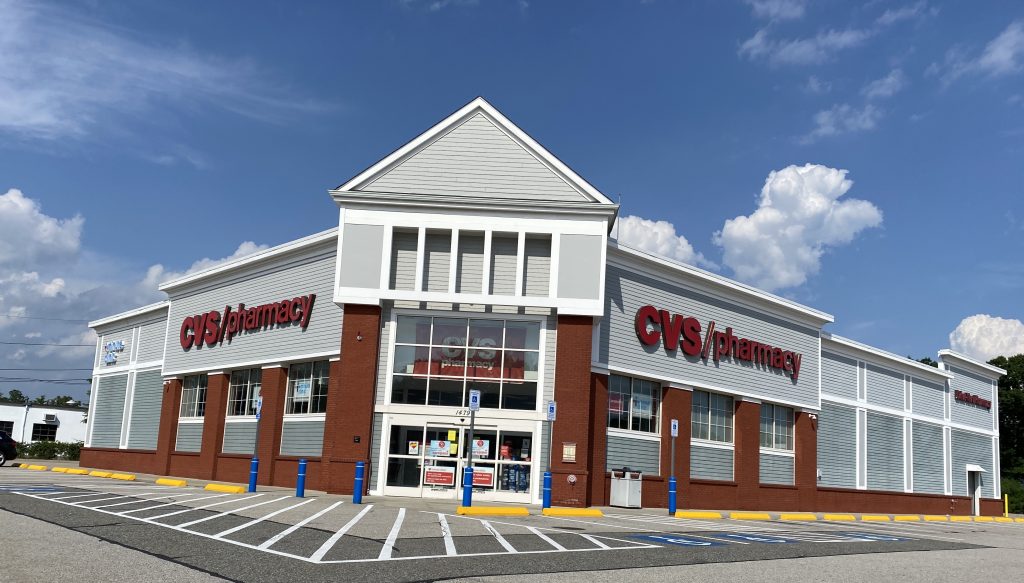Sale-leasebacks are defined as a transaction in which a company sells an asset (real estate) that they own and occupy to an investor, and then the seller leases back the asset from the buyer. The property owner becomes the property lessee, and in the process they unlock capital for their business and significantly reduce their real estate costs.
Sale-leasebacks are useful for businesses that do not want to be in the business of owning real estate, and would benefit from converting that real estate equity into cash. For businesses of all sizes, this arrangement is often significantly more profitable than seeking traditional financing from a financial institution to fund growth or other operations.
If you would like to determine whether a sale-leaseback makes sense for you, please call us for a complimentary consultation at (508) 921-0433 or (615) 829-6604 or contact a member of our team.

Businesses can use the capital generated from sale-leasebacks to pay for growth (new equipment, or employees, for example), or simply for day-to-day operations.
Benefits to a property owner include:
Tax benefits: Recent changes to the tax code now limit the deductibility of interest expense on a mortgage. Sale-leasebacks can replace the interest expense on a mortgage with a fully-deductible rent expense.
Favorable financing terms: Businesses looking to finance growth can typically generate more money from selling real estate than they can generate through a loan from a financial institution.
Risk transfer: The owner/occupant of the real estate will transfer the risk of owning real estate to the buyer (including potential depreciation), while still maintaining control of the asset through a long-term lease.
Flexibility: The seller can vacate the asset at the end of the lease term if it no longer meets their needs. Instead of having to sell a vacant building at the time they no longer need it (which would garner a lower sale price and a smaller buyer pool), they can sell it today through a sale-leaseback at a higher price.
Higher value for the real estate: If the business owner ever plans to sell the business, the value of any real estate asset will often be discounted as part of the packaged deal. Separating the real estate asset and selling it now, well before the sale of the business itself, ensures that both the business and the real estate are sold for the maximum possible amount.
Benefits to a real estate investor include:
Real estate investors benefit from sale-leasebacks because they get a committed, long-term tenant that is already familiar with the property. Sale-leasebacks tend to be particularly attractive to investors, garnering low cap rates, because they typically come with a long-term lease. This is true even in economic downturns, because businesses that use sale-leasebacks to generate capital will be stronger, more stable tenants than many other retail tenants.
